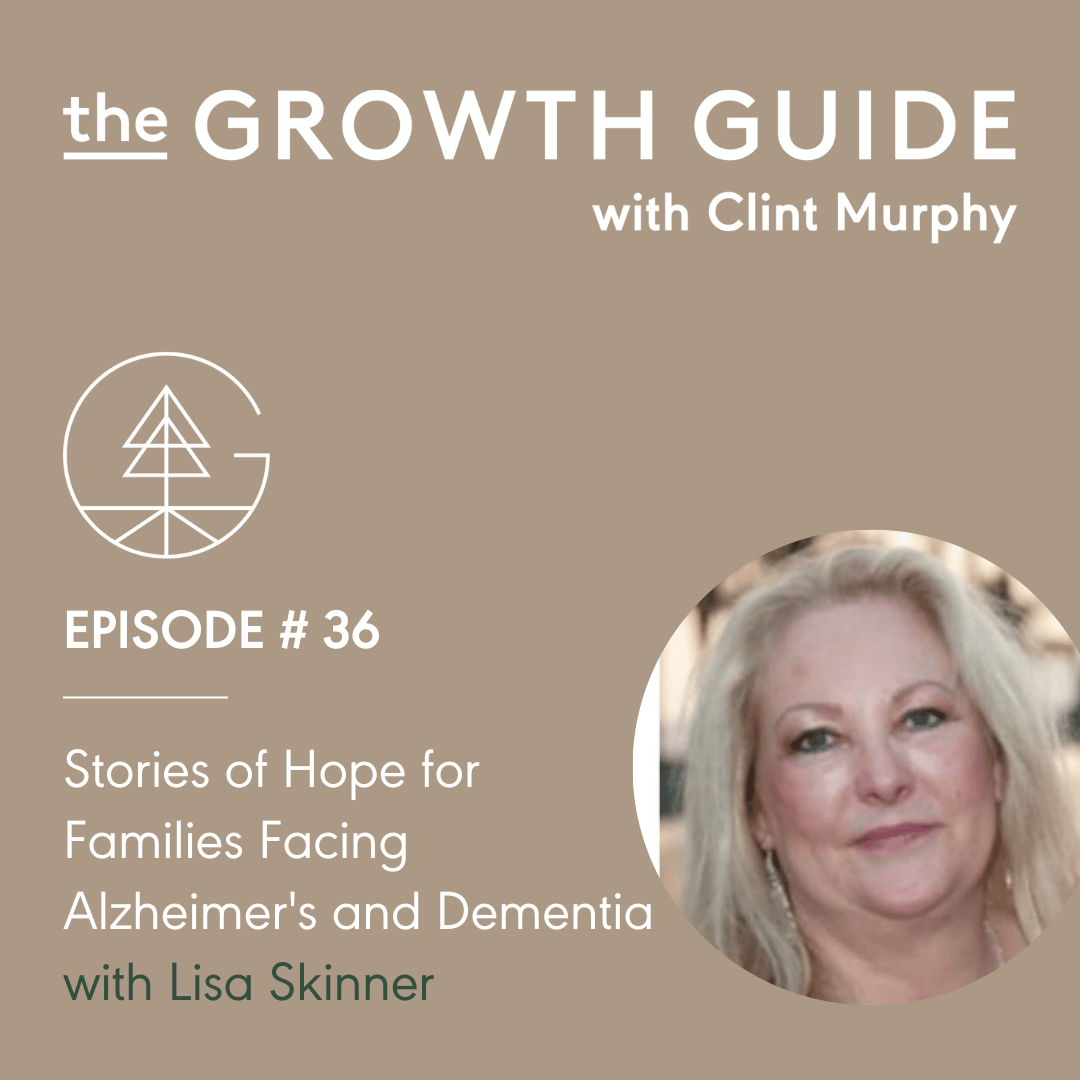About the Episode
It is difficult to feel you have lost a loved one when they have no idea who you are. It is frustrating to watch them forget things they have known their entire lives. It is tough to watch them appear to fade away before your eyes. In today’s episode, we have a very informative conversation with Lisa Skinner, an expert in the behavioral aspects of Alzheimer’s disease and other forms of dementia. She has dedicated her career as a teacher, advisor, and public speaker to teaching people how to manage brain disorders efficiently. Lisa has worked as a community counselor, regional director of senior care facilities, trainer, lecturer, and private consultant for over 25 years, assisting hundreds of families and caregivers in understanding the overwhelming issues associated with brain disease. Also, she provides counter-intuitive methods and techniques to help people manage brain disease symptoms efficiently.
Starting the conversation, Lisa shares her story of witnessing seven of her family members progress through the stages of a dementia-related illness until the end of their lives. The irony in her narrative is that, in addition to seven family members suffering from dementia, her 17 1/2-year-old cockapoo, Oliver, has been diagnosed with doggie dementia! Her first encounter with dementia occurred when she was a teenager, and her adoring grandmother began exhibiting some strange habits. She has shown various behaviors, including paranoia, hallucinations, and delusions, all of which are symptoms of dementia. At the time, little was known about dementia. Having seen her loved ones going through struggles with dementia, she has made it her mission to be there for those going through the same ordeal.
Fast-forwarding 40 years, since 1996, Lisa has worked in the senior housing business, assisting thousands of families in understanding how to interact with a loved one who has dementia. She has established programming in memory care homes and taught employees in dementia care. Additionally, Lisa holds an administrator’s certification from the State of California’s Department of Social Services. While pursuing a master’s degree in psychology, she chose to focus on dementia-related illnesses and educate families on improving the quality of their relationships with their loved ones via education. While working in the aging care business, she became aware that there were still relatively few resources available on this issue, despite the critical need for families to understand it.
Throughout the conversation, she delves deeply into several facets of Alzheimer’s and Dementia patients, most notably how to engage with them with compassion and care. Also, she highlights that the most significant barrier for family members, careers, and those living with dementia is efficient communication. Moreover, she points out that it is a process of education, and it can be incredibly beneficial and bring joy to everyone’s life.
